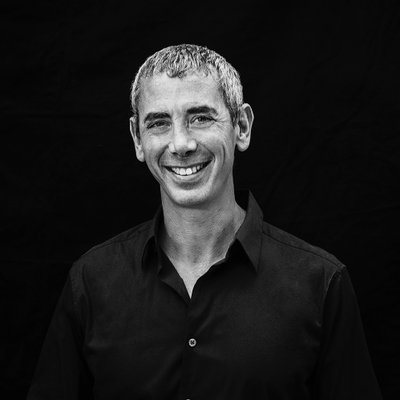Solutionists of the Week

Welcome to the newest edition of Planet Home’s ‘Solutionists of the Week’.
From established subject-matter experts to rising Solutionists, we want to share their successes and celebrate the achievements of those leading the charge in bringing net-positive solutions to the world. Here’s this week’s roundup of Solutionists making waves in their respective industries.

Jeremy McKane
Jeremy McKane is an artist with the passion for the planet. His focus has been directed on ocean issues for several years now. McKane is an active Explorers Club Member and the CEO of OCN.ai, a blockchain solution to unite nations to protect the ocean.
When asked about his implementation plan for solutions to polluted beaches, McKane responded: “I recently had the chance to sit down with the president of Palau. They have protected 80 percent of their waters. But they also don’t have a currency, so we’re in talks with the government to work a deal so that they could use the Ocean Coin for their 21,000 population. It’s small, but it would give us an opportunity to see if it works and if we can introduce other ecological systems that will help protect the oceans.”

Lisa Dyson
Dr. Lisa Dyson is the founder and CEO of Air Protein, a San Francisco based company which seeks to produce sustainable meat alternatives from elements found in air. Air Protein’s goal is to sustainably feed 10 billion people by 2050. Dr. Dyson is also the Founder & Chair of Kiverdi, a biotechnology company working with corporations to make the circular economy a reality by remaking supply chains to manufacture goods using CO2 as a building block. Kiverdi’s bio-process uses natural microbes to convert CO2 into the proteins and oils that are the same as the ones we use today for sustenance and to power industry.
“We have an opportunity to live in harmony with nature. It’s up to the next generation of entrepreneurs to answer this call,” said Dyson.

Steven Kotler
Steven Kotler is a man of many accomplishments. He’s a New York Times bestselling author, an award-winning journalist, and a two-time Pulitzer nominee. More people than ever before are concerned about the planet’s well-being. Studies show that, in the last seven years alone, global concern around environmental issues has risen by an average of 13%. Can we harness this same energy to drive change in the next decade?
Yes, and the key ingredient, according to Kotler, is flow. As Executive Director of the Flow Research Collective, Kotler describes flow as our biologically built-in ability to achieve peak performance in the face of great challenges. “Flow amplifies everything you need to innovate, be creative, and make more resources, which is exactly what we would need to solve grand environmental challenges,” he said. “It also amplifies empathy and environmental awareness. This allows you to fully appreciate the world and feel connected to it. If you feel like the world is separate from you, you’re not going to be able to fix it.”


Leave a Reply